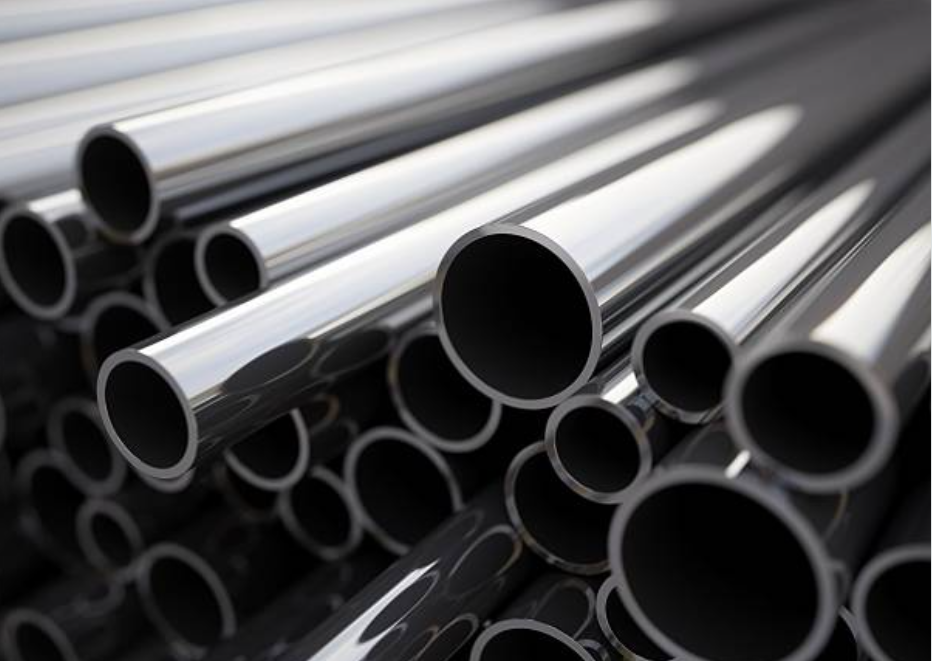
Technical and Chemical Properties of Aluminum
Aluminum is one of the indispensable metals in industry due to its lightweight nature, durability, and high corrosion resistance. Thanks to its technical and chemical properties, this widely used industrial metal is preferred across many different sectors.
Chemical Properties
- Chemical Symbol: Al
- Atomic Number: 13
- Atomic Weight: 26.98 g/mol
- Density: 2.7 g/cm³
- Melting Point: 660.3°C
- Boiling Point: 2470°C
- Electronegativity: 1.61 (Pauling scale)
- Crystal Structure: Face-centered cubic (FCC)
- Oxidation State: +3
Aluminum does not occur in its pure form in nature. It is usually obtained from bauxite ore and reacts easily with oxygen to form a protective oxide layer on its surface. This oxide layer gives aluminum its high corrosion resistance.
Technical Properties
- Lightweight: Due to its low density, aluminum is easy to transport and install. This makes it a popular choice in aerospace, automotive, and construction industries.
- Strength and Durability: Its mechanical strength varies depending on the alloy content. Some heat-treated aluminum alloys can be as strong as steel.
- High Thermal and Electrical Conductivity: Aluminum is an excellent electrical conductor and is often used instead of copper in cables and power transmission lines. Its high thermal conductivity also makes it suitable for cooling systems.
- Corrosion Resistance: The natural oxide layer on aluminum protects it from rust. This makes it especially useful in marine applications and exterior architectural cladding.
- Formability and Workability: Aluminum can be shaped using various processes such as rolling, casting, extrusion, and forging. Its easy machinability makes it ideal for a wide range of applications.
- Recyclability: Aluminum is 100% recyclable, and the recycling process uses up to 95% less energy than primary production. This makes it an environmentally friendly material.
Aluminum Alloys
Aluminum can be used in its pure form or combined with other elements to create alloys that enhance its mechanical properties. Common aluminum alloy series include:
- 1xxx Series: Pure aluminum (high conductivity and corrosion resistance)
- 2xxx Series: Aluminum-copper alloys (high strength, lower corrosion resistance)
- 3xxx Series: Aluminum-manganese alloys (good corrosion resistance, moderate strength)
- 5xxx Series: Aluminum-magnesium alloys (excellent corrosion resistance, marine applications)
- 6xxx Series: Aluminum-magnesium-silicon alloys (good strength and weldability)
- 7xxx Series: Aluminum-zinc alloys (high strength, aerospace applications)
With its light weight, strength, and wide range of applications, aluminum is a key material in modern industry. Its technical and chemical properties make it highly suitable for use in construction, automotive, aerospace, electronics, and packaging sectors. Thanks to its recyclability, aluminum is also an environmentally friendly material that will continue to play a crucial role in the future.
